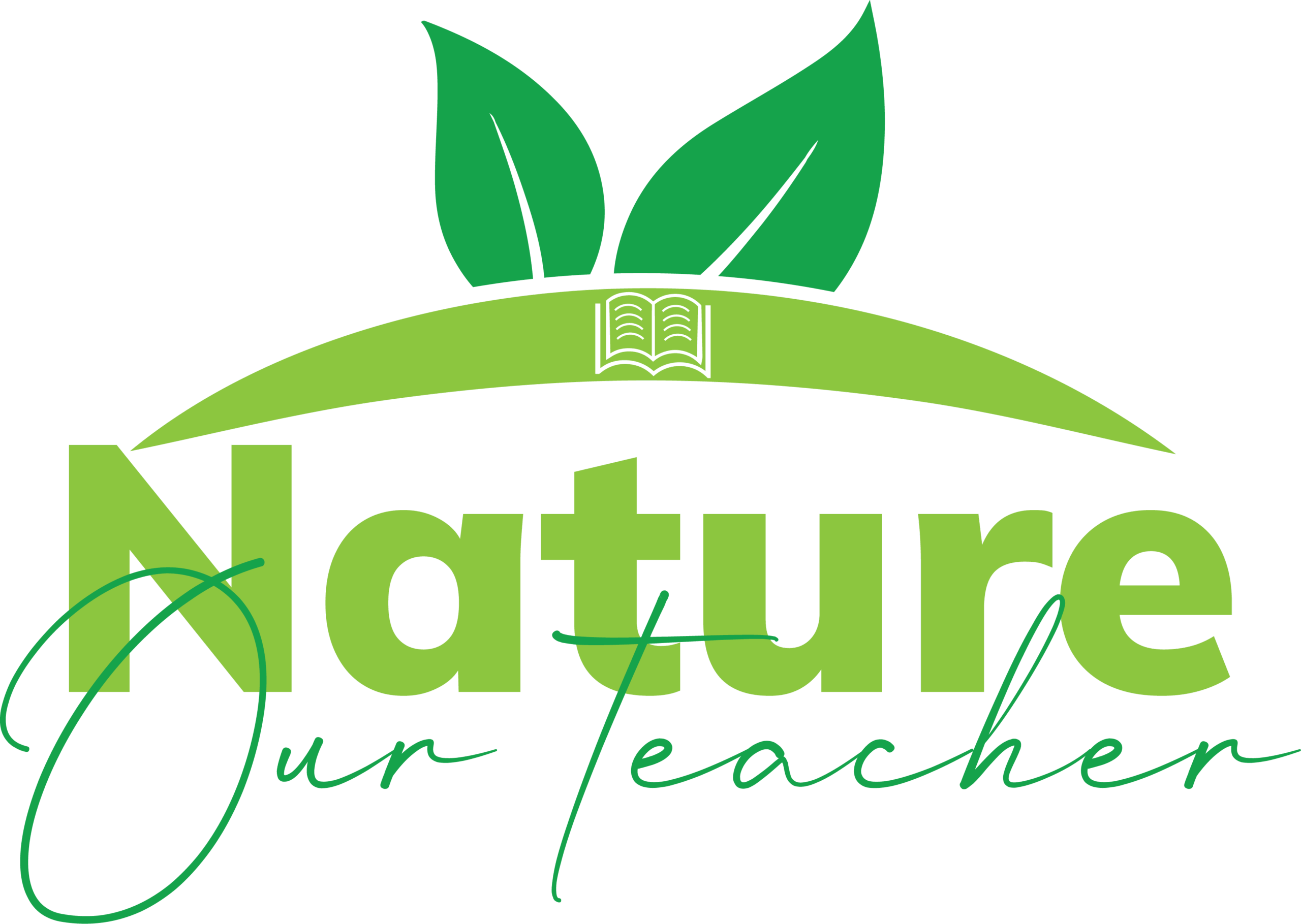Introduction
Rwanda, often referred to as the “Land of a Thousand Hills,” has emerged as a global leader in community-driven conservation. In the aftermath of the 1994 genocide, the nation faced the dual challenge of healing its people and restoring its degraded environment. Through innovative policies, grassroots initiatives, and a commitment to sustainability, Rwanda has transformed its landscapes and empowered its communities. This article explores the multifaceted approaches that have positioned Rwanda at the forefront of conservation efforts in Africa.
Nyandungu Urban Wetland Eco-Tourism Park: A Model for Urban Conservation
In the heart of Kigali, the Nyandungu Urban Wetland Eco-Tourism Park stands as a testament to Rwanda’s dedication to urban environmental restoration. Spanning 120 hectares, this rehabilitated wetland features medicinal plant gardens, paved walkways, and educational centers. Implemented by the Rwanda Environment Management Authority (REMA), the park serves as a green lung for the city, promoting biodiversity and offering residents a space for recreation and learning.
Umusambi Village: Sanctuary for Rescued Grey Crowned Cranes
Umusambi Village, located on the outskirts of Kigali, provides a haven for over 50 grey crowned cranes rescued from the illegal pet trade. Established by the Rwanda Wildlife Conservation Association (RWCA), the sanctuary offers these birds a safe environment to live out their lives, as many cannot return to the wild due to injuries sustained in captivity. Beyond rehabilitation, the village serves as an educational center, raising awareness about the importance of wildlife conservation. Wikipedia+1rwandawildlife.org+1
Red Rocks Community Conservation Centers: Empowering Through Culture and Sustainability
The Red Rocks Initiative has established multiple community conservation centers across Rwanda, integrating cultural preservation with environmental stewardship. In Kinigi, the Arts for Conservation program engages local artisans in creating works that celebrate and promote conservation. In Kayonza, eco-farming initiatives support sustainable agriculture practices, while the Kabaya center focuses on preserving tangible cultural heritage. These centers not only foster environmental awareness but also provide economic opportunities for local communities.
Green Gicumbi Project: Building Climate Resilience
Launched in 2019, the Green Gicumbi Project aims to strengthen climate resilience in Northern Rwanda’s Gicumbi District. The initiative encompasses watershed protection, sustainable forest management, and the construction of climate-resilient settlements. To date, the project has rehabilitated over 1,100 hectares of degraded forests and distributed nearly 20,000 clean cookstoves, reducing pressure on forest resources and improving air quality.
Community Conservation Champions: Grassroots Environmental Advocacy
The Rwanda Wildlife Conservation Association has trained a network of 30 Community Conservation Champions who operate across various biodiversity hotspots. These individuals conduct field visits, monitor wildlife populations, and engage with local communities to promote conservation practices. Their efforts have reached over 18,000 community members, fostering a culture of environmental stewardship at the grassroots level.
RECOR’s Role in Community-Led Conservation
The Rwanda Environmental Conservation Organisation (RECOR) has been instrumental in restoring degraded lands and promoting sustainable livelihoods. By planting trees and providing livestock to communities around protected areas like Akagera and Volcanoes National Parks, RECOR has reduced human-wildlife conflicts and enhanced local economies. Their work exemplifies the synergy between environmental conservation and community development.
Conclusion
Rwanda’s approach to conservation transcends traditional models by placing communities at the heart of environmental stewardship. Through education, empowerment, and sustainable development, the nation has not only rehabilitated its ecosystems but also fostered a sense of ownership and pride among its citizens. As global challenges like climate change and biodiversity loss intensify, Rwanda’s community-led conservation model offers valuable lessons for the world.

